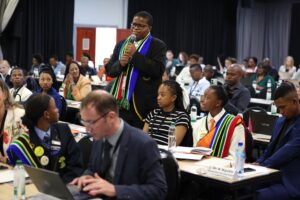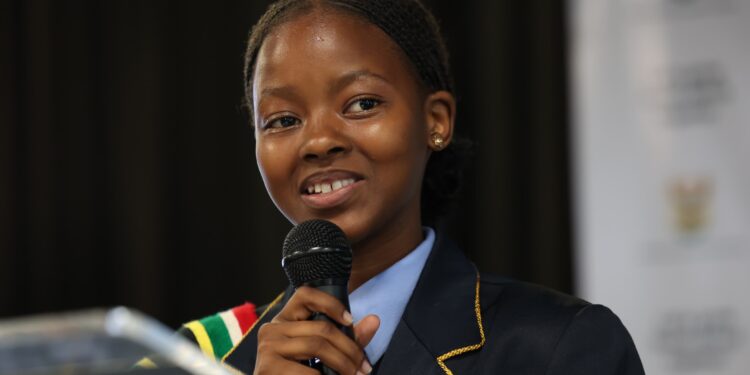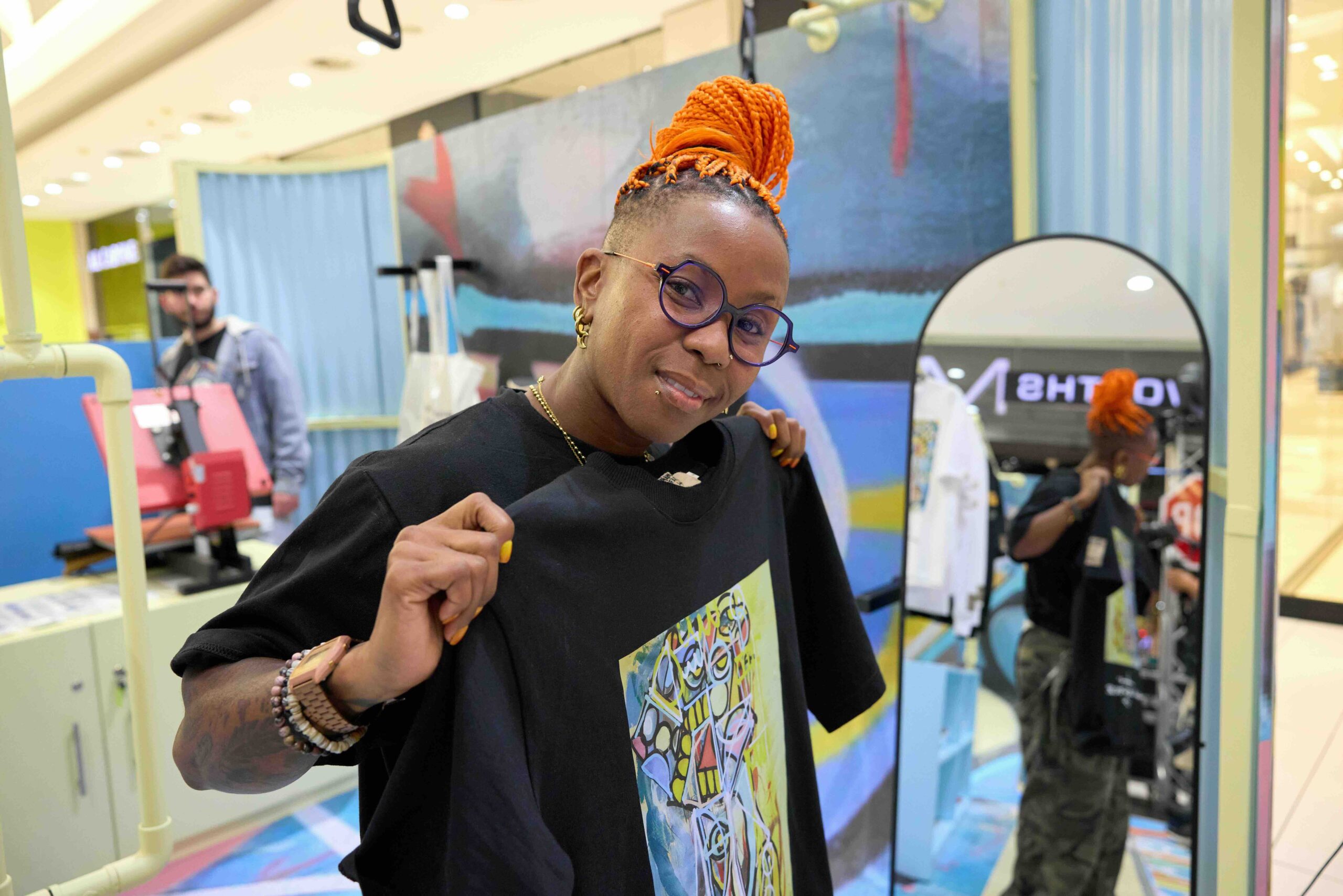In a groundbreaking move that positions South Africa as a global trailblazer in child rights and inclusive governance, the South African Government has formally adopted the Children20 (Ch20) as one of the official engagement groups under its G20 Presidency.
This historic step ensures that for the first time, children will have a formal voice in shaping the policies of the world’s most powerful economies. It marks a pivotal shift in global governance — one that transforms children from passive beneficiaries of international policy into active participants in its creation.
The adoption builds on the foundation laid during the Brazilian G20 Presidency in 2024, following an international call to action addressed to President Luiz Inácio Lula da Silva by leading child rights organisations advocating for meaningful child participation in global decision-making.
A Voice for Every Child
Hosted by the South African National Child Rights Coalition, the Children20 Secretariat is guided by an innovative co-leadership model that balances power between children and adults. This ensures transparency, accountability, and representation from across Africa and the Global South.
The Secretariat is led by Mr. Kgomotso Montsho, who provides overarching vision and coordination for the Children20 Pre-Summit, representing the initiative at official G20 engagements. Supporting him is Mr. Anzio Jacobs, serving as Sherpa — the chief negotiator and policy lead responsible for drafting the official Children20 Declaration and ensuring alignment with G20 processes.
“This step is not symbolic – it is transformative. By creating a formal G20 track for children, South Africa affirms that children are not only beneficiaries of global policies but also active participants in shaping them,”
— Anzio Jacobs, Sherpa for the Children20 track.
Rewriting the Global Agenda
The Children20 platform focuses on a series of interconnected global challenges that deeply affect children’s futures: inequality, mental health, food insecurity, digital inclusion, climate justice, access to quality education, gender equality, social protection, and innovative child-focused financing.
These themes, informed by Brazil’s Children in G20 Policy Pack, ensure policy continuity while reflecting the lived experiences and priorities of children worldwide.
The South African Presidency emphasised that child participation is already a cornerstone of national policy through the Presidential-led National Strategy to Accelerate Action for Children (NSAAC). The inclusion of Children20, it stated, represents an “all-of-society approach” to safeguarding and elevating the voices of children at every level of governance.
Global Leadership and a Vision for the Future
 Under the Global Leaders Network, chaired by President Cyril Ramaphosa, South Africa and partner nations have pledged to take bold, accelerated action to improve the health, education, and well-being of women, adolescents, and children globally. The formal inclusion of Children20 is a powerful demonstration of this commitment — a tangible action that translates rhetoric into reform.
Under the Global Leaders Network, chaired by President Cyril Ramaphosa, South Africa and partner nations have pledged to take bold, accelerated action to improve the health, education, and well-being of women, adolescents, and children globally. The formal inclusion of Children20 is a powerful demonstration of this commitment — a tangible action that translates rhetoric into reform.
Children20 will roll out a series of strategic engagements in the months leading up to the G20 Social Summit, including a media launch, virtual working group sessions, and a Children20 Pre-Summit on 15–16 November 2025 in Johannesburg.
These platforms will allow children across South Africa, Africa, and the wider world to engage in structured dialogues, co-create solutions, and develop a Children’s Declaration — a visionary document set to be presented to G20 Leaders.
The process will culminate in the G20 Social Summit, where Children20 will actively participate in the unveiling of the Global Child Poverty Report under the leadership of UNICEF, marking a landmark moment for global child rights advocacy.
A New Dawn for Global Child Participation
By embedding Children20 within the G20 framework, South Africa is not only championing its youth but redefining what inclusive governance looks like in the 21st century.
This is more than policy — it is legacy. It is the story of a generation being seen, heard, and empowered to shape their future.
“Children20 symbolises the future of participatory leadership,” said a representative from the Presidency. “It is a movement that turns the world’s attention from decisions about children to decisions with children.”
As the world watches South Africa lead this transformative moment, one truth becomes clear: the future is not waiting to be inherited — it’s being co-authored by the children themselves.



































